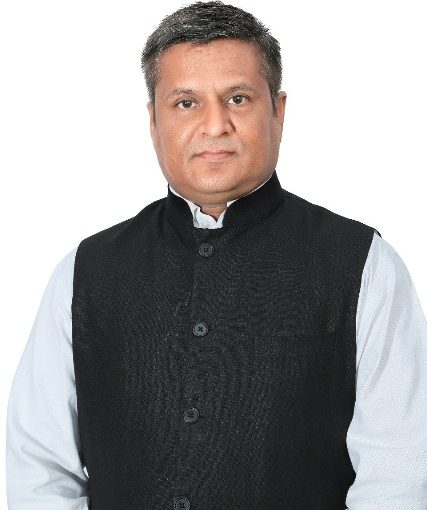
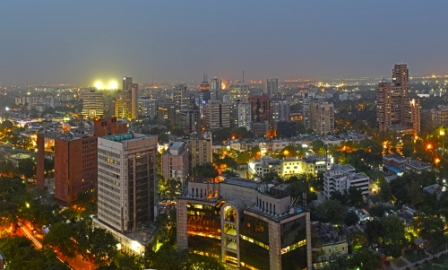
Tarun Bhardwaj is a doyen in the business and industry landscape of Noida--the business hub of Uttar Pradesh and a vital part of the National Capital Region.
As the President of the Federation of Noida Industries (FNI) Bhardwaj helms more than 8000 industry units in Noida ranging from manufacturing to real estate businesses. Sri Bhardwaj is also the national coordinator of the All India Congress Committee (AICC).
In an interview with G. Kalyan Kumar, Editor of Business Views, Tarun Bhardwaj draws a big picture of Noida’s business and industry explaining its growth potential, investment scenario, challenges, pain points, revival efforts in the aftermath of the pandemic times making many thought-provoking observations on economic initiatives at the policy level.
Excerpts...
What has been the impact of the Federation of Noida Industries (FNI) on the member industries?
You see, the Federation of Noida industries (FNI) has been conceived as a federal organization of industrial associations covering the entire Noida including Greater Noida. It was formed by the convergence of six founder organizations. Today FNI represents more than 8000 Small and Medium Industries; 1200 members; and 27 sector representatives.
FNI is one of the pioneer industry associations in India that works not only for the welfare and benefit of the member Industrialists but also takes up other causes relevant to Noida and raises them at appropriate forums.
Established in 2009, FNI has set an impressive footprint by becoming a unified platform for a plethora of different industry associations with enhanced cooperation among fellow Industrialists/ entrepreneurs for the ambiance of growth and productivity.
The best part is that the initiative towards a federation of associations could bring most of the industries under a single umbrella rising above vested interests to pursue common goals with strategies geared to attain higher business growth.
Was it also a compulsion that bigger chambers like CII, FICCI, PHDCCI were not giving due attention to Noida industries?
Not like that; they operate on a pan-India basis and international level too. Their fees and entry norms are also high. The big chambers will find it hard to take up the local problems unlike a local density as our association does. We deal with many layers of state authority, including CM, DM, and Mandal levels. Exporters are also part of our trade body and they include handicrafts, carpets, garments among others.
So, what is the main yardstick in enlisting industries under FNA?
The main yardstick involves a preference for manufacturers. However, we have enlarged the norms of entry, and have opened up for members from hospitality, real estate, healthcare, IT, ITE services including KPOs and BPOs. But currently, traders are not part of the FNI.
What is the outlook on Noida's business?
The outlook is very bright and upbeat. As far as Noida is concerned, the garment sector is one of the top sectors and the emerging apparel park in Yamuna Express Way will massively boost its global footprint. Incidentally, Gautam Budh Nagar has garments as the main product as part of the One district and One product campaign.
Now the Defence corridor is also coming up. Noida is already famous for IT, Electronics, construction materials, auto sector components, OEMs, and also as a hub of media in NCR. The upcoming Film city will further transform the region.
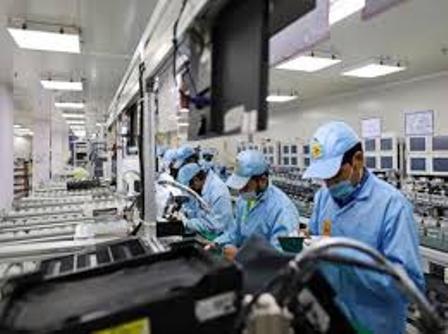
What are the main pain points for Noida industrialists?
The two major problems are land ownership rights and stamp duty and property transfer charges. Noida, although established in 1976 continues the leasehold pattern when it comes to land ownership.
Plots are offered on 90 years of the lease. The circle rate of Noida is too high and the lack of freehold title has been an impediment for investments. We have brought this matter before the state and central governments several times but a solution is still out of sight. We demand land ownership and conversion of land holdings to freehold. That will also erase many corrupt practices.
The next big problem is stamp duty. If a person is running a private limited company and wants to transfer shares or part of the company, he has to pay stamp duty. This is unjustified and is unfair compared to the stock market where companies with the authorized capital transfer thousands of shares every day without any burden of paying stamp duty.
Do you mean the governments are not industry-friendly?
The approach of authorities to businesses needs a drastic change. Inspector raj continues. For example, if there is a GST number, it is mandatory to show the turnover and HR investments like PF, ESI, etc. Labor laws are rigid and many smaller units are under constant pressure.
Certainly, business friendliness needs to improve in many states. Compared to farmers who get free electricity, fair price, and other sops, businessmen are looked upon with suspicion as if they are looters.
For small industries how good is the support of the FNA umbrella?
Many small-scale units are struggling from the lack of capital, talent, and the effects of mechanization and automation.
Capital crunch is a big problem with many small industrial units. We hold periodic meetings with bankers and explore options for soft loans and bridge loans. But lenders make their eligibility assessment for loans and other financial products based on the asset levels and paying capacity of individual units.
The situation is acute after many industries lost two financial years because of the pandemic. Some of the hardest-hit industries include the printing industry, travel, among others.
How does the FNI intervene on behalf of Noida businesses and interface with authorities?
As an association, we take up issues; meet up with the authorities, and hold protests as well. As a federation, we have better access to most offices. We are also well networked with industry bodies in other states which approach us for guidance on investments, contacts, and other forms of facilitation.
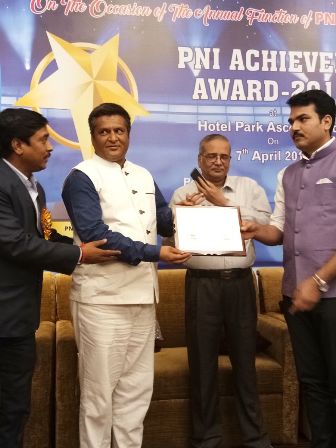
Is there a solution to address the weakness of small industries including Noida?
Many small SMEs are not stronger ventures at all; they are just one-man shows and cannot run viable businesses with some Rs 25 lakhs investment. In order to sustain them, the way out is a rational categorization of businesses based on the capital base and market opportunities with plausible steps for extending appropriate incentives and other support for each sector.
The Covid-19 phase is almost out; is FNI planning any major events?
We are planning to organize a huge buyer-seller meeting in Noida.
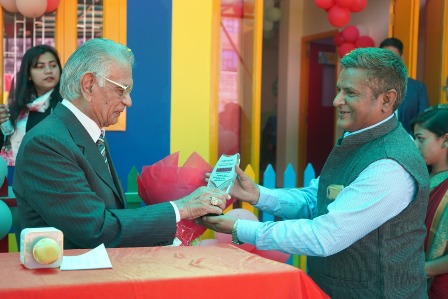
How will the upcoming Jewar airport help Noida?
The Jewar airport in Noida is expected to give a huge boost to the business and industry here. The proximity to the airport will have a positive spin-off for all sectors of the industry. There will be a big jump in investments and higher growth is anticipated in tourism, logistics, trade, lifestyle, and other services. When spending increases the state will also earn more revenue.
What has been your major contribution to the trade body?
I am in the second term and I believe many of the teething issues like shortage of manpower and funds etc have been addressed via direct membership and big industries have also benefited from our forum.
What is the vision of FNI for the coming years?
We are looking to expand on a Pan India basis. We have a strong presence in all NCR states and are in the process of expanding to most states. In many places, we have appointed state presidents. The membership drive is being done via business events and word-of-mouth promotions.
Were GST and demonetization a loss or gain?
No gain or loss. All segments and sectors of the industry have to fall in line with the larger goals of the national economy. In the case of GST, maybe the consumer is paying a bit more. Regarding the outburst against GST in some quarters, it is emanating mainly from the traditional reluctance in paying taxes. Barring the political rhetoric of some people, no section of the industry has blamed GST in any manner.
But you had been criticizing the toll tax collection on highways. Why is it so?
Taxation is fine, but it must not look irrational. On many of the new highways, people have to pay huge toll tax which hurts vehicle owners who have already paid their road tax to ply vehicles on highways. In many places, the toll tax comes to about Rs 2. 5 per km and is collected selectively. It is not applicable to ministers, MPs, MLAs, officials, etc. It appears only the common man and business and trade class have to pay. If you are collecting toll tax, no problem, you do that after abolishing road tax and making it applicable uniformly without any exemptions.
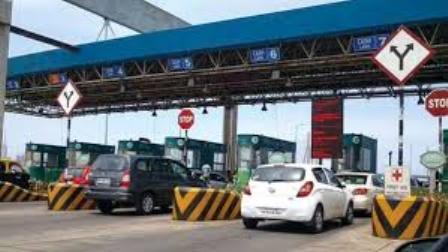
I have raised this matter with Sri Nidhin Gadkari, Union Minister for Transport. I believe the corpus of road tax that comes to around Rs 50, 000 crore a year is good enough to build excellent roads without squeezing commuters via predatory taxes.



